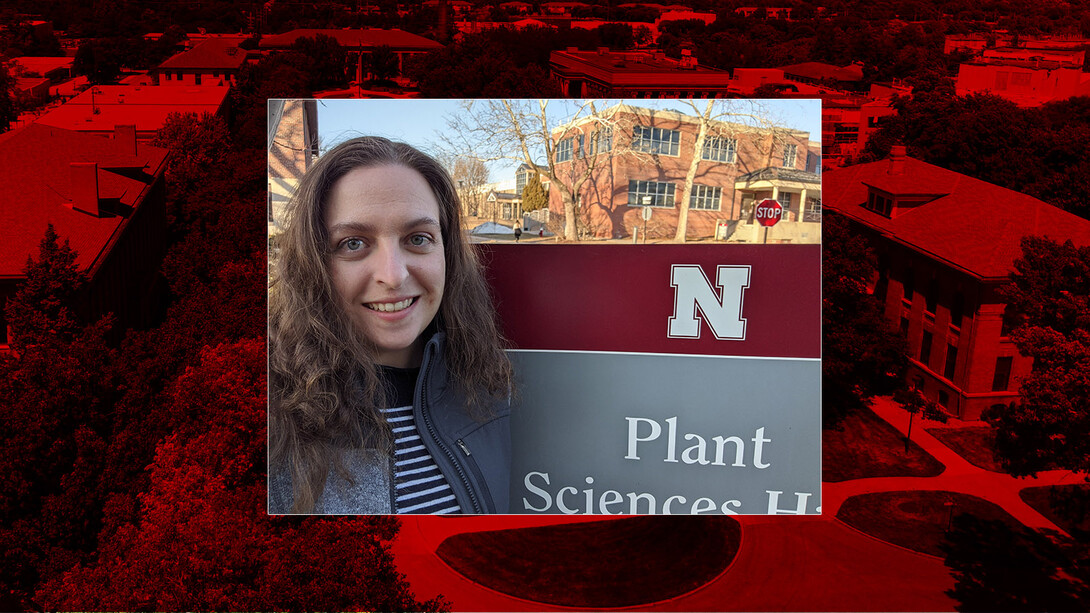
About Katherine
I grew up in rural Iowa, loving my STEM classes, and nurturing a desire to build up people and communities. I realized that I could combine my interest in plants, genetics and science with improving lives in rural communities by studying plant breeding. Since that time, my career goal has always been to develop improved crops for people like the farmers in my hometown. I have studied and worked in plant breeding programs throughout the upper Midwest where my focus has been developing winter annual crops or cover crops that generate income for producers while also protecting our soil and water during the late fall, winter and early spring. I think working with winter annual crops like wheat, barley and triticale is a unique opportunity to diversify cropping systems in the Midwest and improve our sustainability and resiliency. Plus, when you work with wheat, you know your research is going to end up at your neighborhood grocery store!
What is your position at the University of Nebraska-Lincoln?
My official title is assistant professor of agronomy and horticulture in small grains breeding and genetics. I started in March of 2021. I am the wheat breeder for Nebraska, and I develop new, higher yielding and more sustainable varieties of wheat, barley and triticale for Nebraska farmers to produce.
What drew you to the University of Nebraska-Lincoln?
I became a public plant breeder to consider short- (increasing wheat yield and improving baking quality and disease resistance) and long-term (reducing negative impacts on the environment) goals. In Nebraska, winter annual small grains are still a key part of our agricultural system and economy, and our producers value the research that we do at the university. I could tell how much they support the University of Nebraska Small Grains Breeding Program, and I wanted to make sure that I develop a program they are proud of. I also am excited by all the new faculty and researchers in the Agronomy and Horticulture Department and the support that UNL gives to our development and creativity.
What aspect of working in an educational setting do you enjoy the most?
I love that we can pursue any research topic we are interested in as public academic scientists, but the really exciting part is when your students take the research you’ve started and find a totally new direction to take it in. I enjoy seeing students develop into leaders and scientists and eventually start teaching me!
What do you consider your greatest achievement?
I always think my achievements grow and improve with each step I take, so I hope I haven’t yet had my greatest achievement! But my favorite achievement is getting young students excited about agriculture and plant breeding. Most people have never heard of agronomists or plant breeders, so I love to introduce them to the science of keeping us all fed. When I have a student in class or an intern in my lab tell me that they want to become a plant breeder, I know that I’m doing my job right.
What is something that most people don't know about you?
I really enjoy trying new food and drinks whether I am cooking at home with my family or if we are going out to eat. I can’t wait to start traveling again to have new adventures that challenge me to grow as a person and as a creative scientist and teacher.
What is your life like outside of work?
I enjoy relaxing with my husband and my dog. We like to explore new places and parks in and around Lincoln, but we also like to make lots of really good food. I think we try new recipes more often than we make repeats! Walking the dog does help with all the goodies though!







